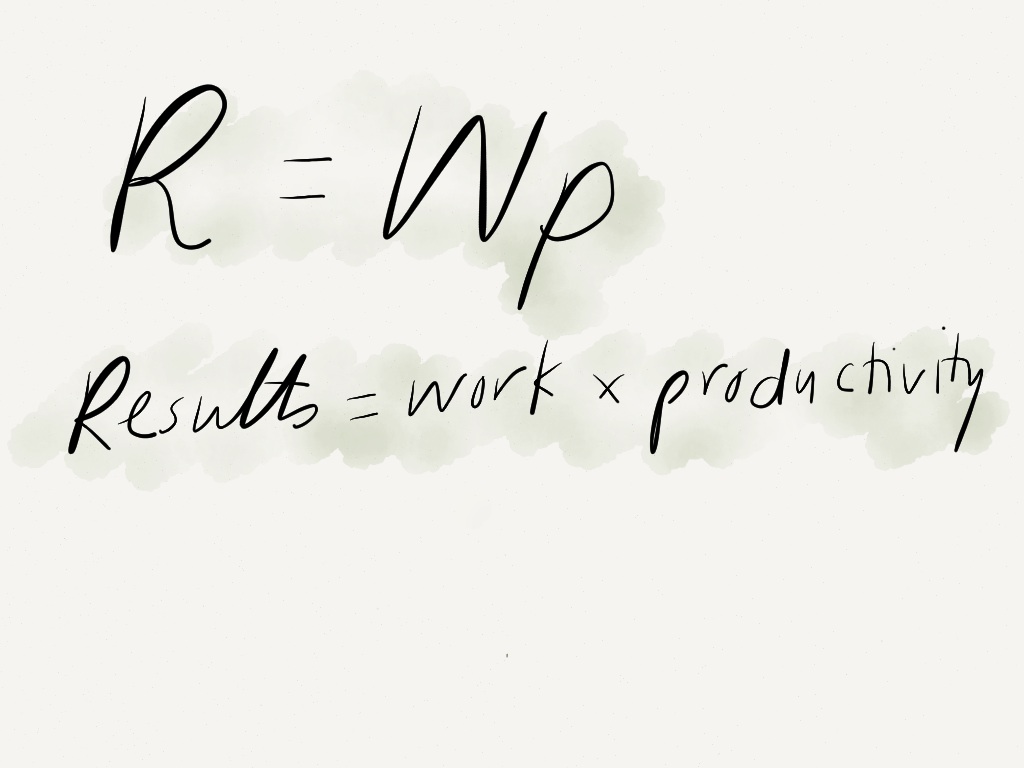If you care about your company, stop treating yourself like shit.
Startup stories tend to glorify the ramen-eating entrepreneurs who have “no time” to exercise and get no more 4 hours of sleep every night. This sort of glorification runs under the assumption that time spent working is positively correlated to the success of the company…
That is B.S.
The reality is closer to this:
Where productivity is:
The ramen-eating entrepreneurs defend sleep deprivation and poor health with the hackneyed line:
“I have no time.”
This is a shitty excuse.
Yes, you need to spend time to get results for your company. But your productivity is subject to exponential decay over time. The more time you spend continuously working, the more your productivity wanes.
Furthermore, if you’re in poor health and sleep deprived, your productivity will just suck. Period.
So if the sheer awesomeness of being healthy is not enough to convince you to be healthy, then...



